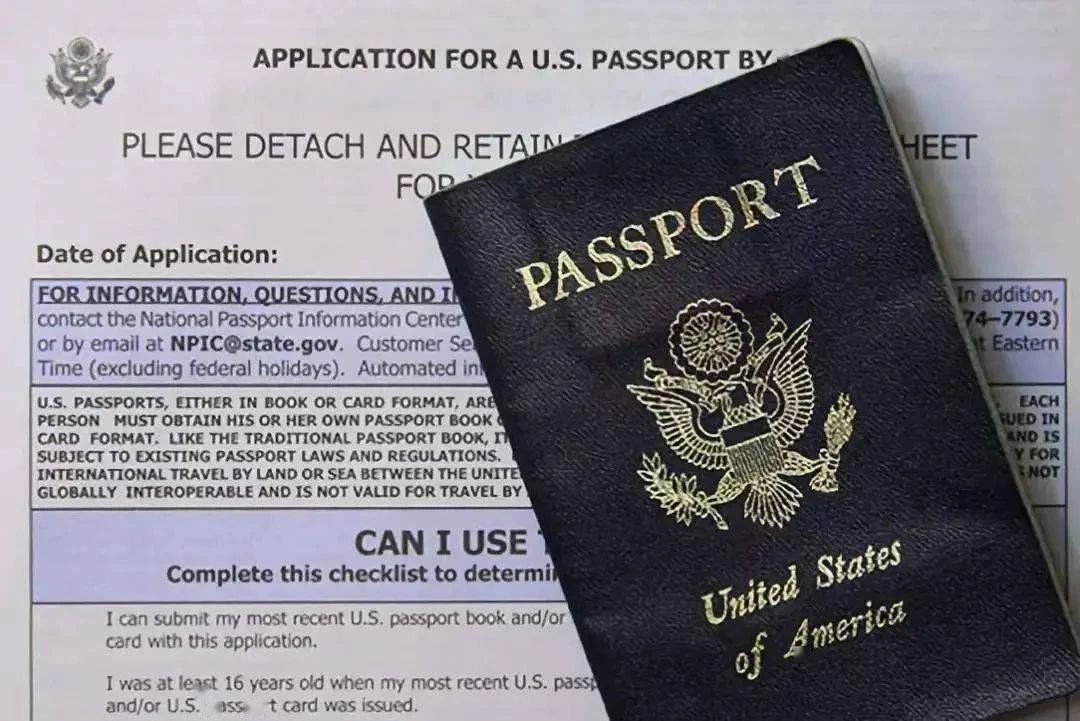
Let's talk about China-Bangladesh trade and economic cooperation
“China-Bangladesh bilateral economic and trade relations have been deepening. Industry analysts believe that looking ahead, there is enormous potential for cooperation between the two countries in broader fields.”
Bangladesh, located in South Asia, has recently experienced turmoil, drawing international attention. The Chinese Foreign Ministry has responded, expressing confidence that Bangladesh will handle the situation appropriately to maintain national stability and unity. Not long ago, Bangladeshi Prime Minister Sheikh Hasina made an official visit to China. During this visit, both sides issued a joint statement on establishing a comprehensive strategic partnership and signed multiple bilateral cooperation agreements in areas such as policy exchange, trade and investment, digital economy, inspection and quarantine, healthcare, education, and media. For a long time, China-Bangladesh bilateral economic and trade relations have been deepening. Industry analysts believe that looking ahead, there is enormous potential for cooperation between the two countries in broader fields. In recent years, economic and trade cooperation between China and Bangladesh has demonstrated strong momentum. From a trade perspective, China-Bangladesh bilateral trade has seen rapid development. China is Bangladesh's largest trading partner, while Bangladesh is China's second-largest trading partner in South Asia. According to Chinese customs data, the trade volume between China and Bangladesh reached USD 23.97 billion in 2023. Of this, China exported USD 22.95 billion to Bangladesh and imported USD 1.02 billion from Bangladesh. China's main imports from Bangladesh include leather, cotton textiles, and fish products, while its exports to Bangladesh primarily consist of textiles, electromechanical products, cement, fertilizers, tires, raw silk, and corn. From an investment perspective, as of the end of 2023, China's cumulative investment in Bangladesh amounted to USD 3.2 billion, making China the second-largest source of foreign investment in Bangladesh. Bangladesh is also a traditional market for Chinese overseas contracting projects in South Asia. By the end of March 2023, Chinese companies had signed contracting agreements worth USD 80.7 billion and completed projects totaling USD 45.8 billion in Bangladesh, primarily in infrastructure construction. Currently, nearly 1,000 Chinese enterprises operate in Bangladesh, collectively creating over 550,000 jobs. Bangladesh is the first South Asian country to sign a memorandum of understanding with China for Belt and Road Initiative (BRI) cooperation, and high-quality BRI cooperation between China and Bangladesh has yielded significant results. Notably, the Bangabandhu Sheikh Mujibur Rahman Tunnel, constructed and implemented by Chinese companies, officially opened last October. As the first underwater tunnel in South Asia, it will further enhance connectivity between Bangladesh and neighboring countries. This project exemplifies how the BRI benefits partner countries and promotes shared development. According to related media reports, the Chinese Embassy in Bangladesh released the "Belt and Road Initiative in Bangladesh Research Report" in 2023. The report highlights that BRI cooperation in Bangladesh primarily focuses on three areas: infrastructure construction, energy and power cooperation, and socio-cultural exchanges. The BRI is expected to boost Bangladesh's actual GDP growth by at least 2.1%, create 2.5% to 5.1% additional employment opportunities, and reduce the number of people living in extreme poverty by 1.3%. Bangladesh's economy has been developing rapidly, maintaining a growth rate of 5% to 6% in recent years. According to provisional data released by the Bangladesh Bureau of Statistics, the GDP of Bangladesh in the fiscal year 2024 reached $459 billion, growing by 5.82%, up from 5.78% in the previous fiscal year. The International Monetary Fund predicts a 5.7% GDP growth for Bangladesh in the fiscal year 2024. Reports indicate that Bangladesh has been actively pursuing privatization policies, improving the investment environment, attracting foreign investment, and creating export processing zones. Yuan Bo, Director of the Asia Research Institute at the Chinese Academy of International Trade and Economic Cooperation, stated that Bangladesh, with a population of nearly 170 million, abundant labor resources, and being the second-largest economy in South Asia, has experienced rapid economic growth for several consecutive years. Moreover, Bangladesh was the first country in South Asia to join the Belt and Road Initiative (BRI). "China and Bangladesh have potential cooperation in a wide range of fields, including agriculture, marine fisheries, textiles, leather, energy, e-commerce, tourism, education, green economy, digital economy, park construction, and infrastructure." Bangladesh is actively seeking to sign free trade agreements with other countries. Currently, China and Bangladesh are jointly promoting the negotiation of a bilateral free trade agreement. During Prime Minister Hasina's visit to China, both sides announced the completion of the joint feasibility study for the China-Bangladesh Free Trade Agreement. Yuan Bo suggested that China and Bangladesh should strengthen exchanges and communication between the government, industry, and academia, fully understand each other's interests and demands, draw lessons from the practices of free trade agreements such as the Regional Comprehensive Economic Partnership (RCEP), and seek innovative ways to reach more consensus. This will accelerate the completion of the China-Bangladesh Free Trade Agreement negotiations, providing more robust institutional guarantees for bilateral economic and trade cooperation and creating a freer and more convenient development environment. Experts also remind that Chinese enterprises, especially in less developed markets, should strengthen risk prevention and management as they expand globally.













